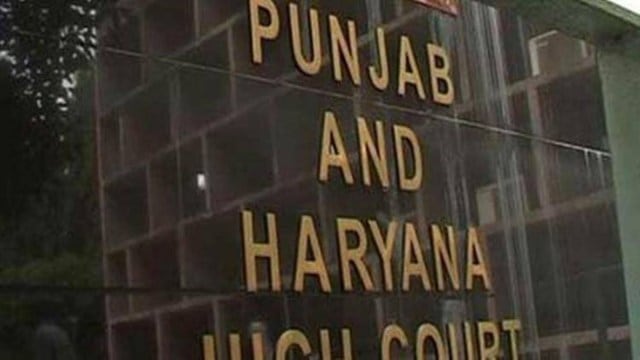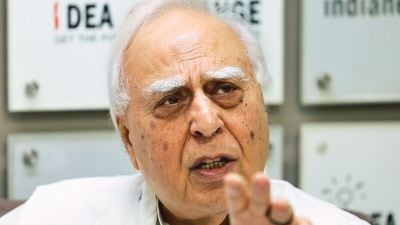Employer cannot initiate disciplinary action against a dismissed employee, rules HC
Quashes three chargesheets issued by the Punjab State Civil Supplies Corporation against a former inspector who had been fired from service in 2013
 The court also rejected the claim that the dismissal order was sub judice in a civil suit, noting that the corporation became functus officio – without further authority – on disciplinary matters once dismissal was ordered.
The court also rejected the claim that the dismissal order was sub judice in a civil suit, noting that the corporation became functus officio – without further authority – on disciplinary matters once dismissal was ordered.
The Punjab and Haryana High Court has quashed three chargesheets issued by the Punjab State Civil Supplies Corporation against a former inspector who had been dismissed from service in 2013, holding that an employer cannot initiate fresh disciplinary proceedings after the relationship of master and servant stands “irrevocably severed”.
In a verdict pronounced on November 7, Justice Harpreet Singh Brar allowed the writ petition filed by Suresh Jindal, an Inspector (Grade-2) sacked on October 31, 2013, following his conviction under the Prevention of Corruption Act. The corporation had issued charge sheets in April and July 2017 – nearly four years after the sacking – alleging financial irregularities.
“It transpires that when the order dated 31.10.2013 was passed by the respondent, it snapped the vinculum juris, the master-servant relationship, between the petitioner and the respondent-Corporation,” the court observed.
The bench relied on Supreme Court rulings to underline that disciplinary jurisdiction is contingent on a subsisting employment relationship. Quoting a three-judge bench in Indian Bank v. Mahaveer Khariwal (2021), it noted: “all other subsequent proceedings of departmental enquiry will be null and void and shall be non est, as after the voluntary retirement, there shall not be an employer-employee relationship.”
A similar view was reiterated in State Bank of India vs. Navin Kumar Sinha (2024), where the apex court held: “no disciplinary proceeding can be initiated after the delinquent employee or officer retires from service on attaining the age of superannuation or after the extended period of service.”
Dismissing the corporation’s argument that Rule 2.2(b) of the Punjab Civil Services Rules permitted post-dismissal action for pension recovery, Justice Brar said the petitioner was “admittedly not entitled to pension”. “A provision that deals exclusively with the withholding of a pensionary benefit cannot be invoked against a person who is not eligible for pension in the first place,” the order stated.
The court also rejected the claim that the dismissal order was sub judice in a civil suit, noting that the corporation became functus officio – without further authority – on disciplinary matters once dismissal was ordered.
“The foundational employer-employee relationship having ceased to exist, the respondents lacked the jurisdictional authority to issue them,” the bench ruled, quashing the charge sheets along with all consequential proceedings.







